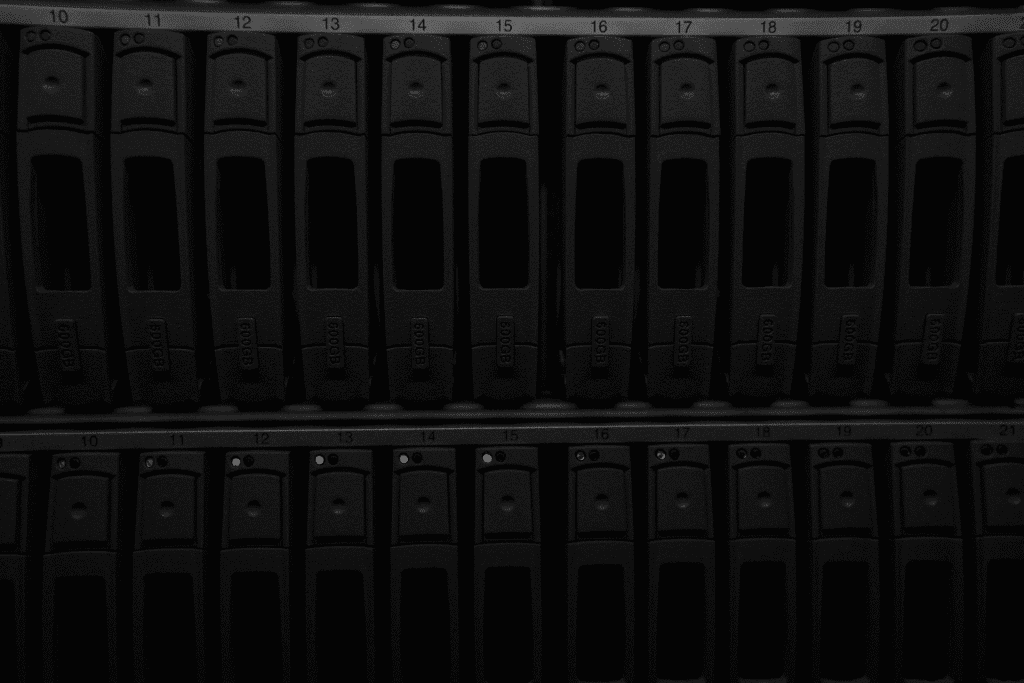All About Memory – RAM, Hard Drives, and SSD

Memory is one of the most important components of any computer system, however many people don’t know that there are multiple types of memory that perform different tasks. Today we’re going to take a look at the basic types of memory, what they do, and why they are all so important to your computing experience. […]